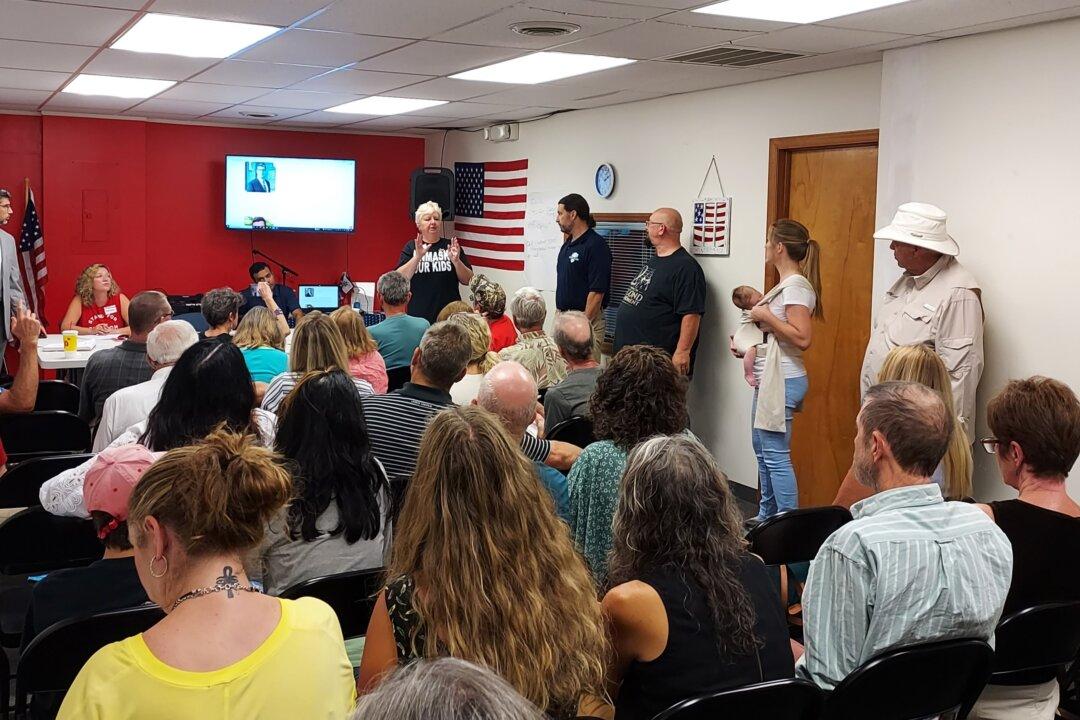Amid a climate of tightening restrictions, mandates, and dwindling freedoms, U.S. Constitution focus groups have formed to sort through much of what has gone unchallenged until last year, when a growing number of people began asking if what the government is doing is legal.
As the U.S. Constitution has been reinterpreted over time, the teaching of it has diminished in the classroom, leaving the average person having little understanding of how it applies to one’s own rights.





